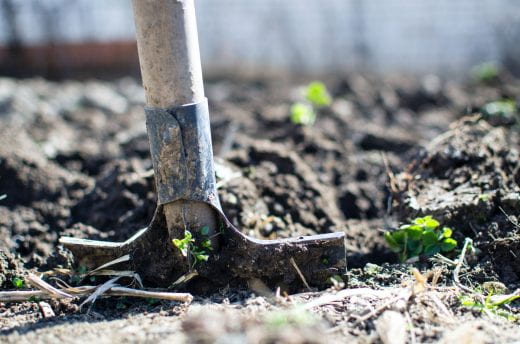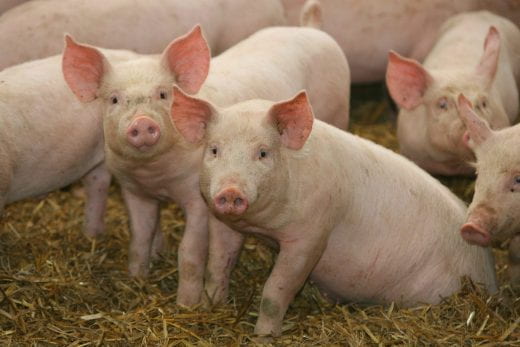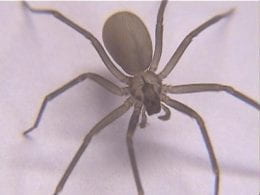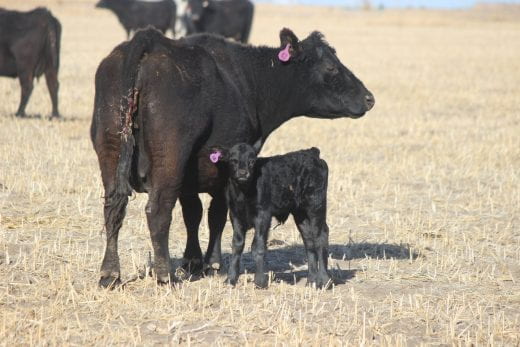In today’s Better Kansas, we shine a light 😊on our need for Vitamin D, community activities and resources, making a spending plan for the holidays, peonies, a crop insurance workshop and a cool video of a family farm’s wheat harvest. This is a small glimpse of what K-State Research and Extension across the state has to offer. Share on social media and subscribe! – Mary Lou Peter mlpeter@ksu.edu
Better Living, Better Communities
 DO YOU HAVE A “D” PROBLEM? As in Vitamin D? Apparently, many of us do. We get Vitamin D primarily from exposure to the sun. It’s important for bone health and plays a role in our immune systems and our resistance to diabetes. Unlike many other vitamins, there are few ways to get it through foods, unless they’ve been fortified with it. Foods that offer it naturally are certain yeasts and plants, plus oily fish such as mackerel, tuna and salmon. Foods that are sometimes fortified with it are milk, butter, cereals, bread, yogurt and orange juice. Take a look at Vitamin D: From Sunshine to Supplements to learn more. With daylight growing shorter and shorter, this may be the most important time of year to think about how to ensure we’re getting enough of this vital nutrient.
DO YOU HAVE A “D” PROBLEM? As in Vitamin D? Apparently, many of us do. We get Vitamin D primarily from exposure to the sun. It’s important for bone health and plays a role in our immune systems and our resistance to diabetes. Unlike many other vitamins, there are few ways to get it through foods, unless they’ve been fortified with it. Foods that offer it naturally are certain yeasts and plants, plus oily fish such as mackerel, tuna and salmon. Foods that are sometimes fortified with it are milk, butter, cereals, bread, yogurt and orange juice. Take a look at Vitamin D: From Sunshine to Supplements to learn more. With daylight growing shorter and shorter, this may be the most important time of year to think about how to ensure we’re getting enough of this vital nutrient.
A RECENT KANSAS PRIDE NEWSLETTER reminds us of the many things volunteers all over the state are doing to make their communities better places to live, work and play. Blue Rapids is enhancing a park, Hugoton is working to bring its theater back to life and Osawatomie had 30 volunteers come out for a park cleanup. Check out the PRIDE newsletter for information about an Oct. 15 webinar by the Kansas League of Municipalities, upcoming grant writing workshops, funding sources and more.
By the way, though it’s not small or rural, my own hometown is capitalizing on our national love of tacos with the Kansas City, Kansas Taco Trail. What a great way to draw people to businesses in the community! Somehow I missed that Oct. 4 was National Taco Day, according to whomever deems such things so. But then, isn’t every day, taco day?
COVID OR NO, ONE THING’S CERTAIN, the holidays will still come. And with those holidays often come expectations. Not that we haven’t already scaled back our ideas of gatherings and gift giving. But with so many experiencing job losses, business disruptions, reduced income and other challenges linked to the pandemic, we may be tested this winter like rarely before. Now’s the time to start planning and communicating with family and friends about expectations and traditions. Maybe this is the year for a changeup. An article and radio interview K-State expert urges families to make spending plan for the holidays can get you started. I’m already trying to figure out how to replace an annual trip with family to view decorated homes in a quaint community near Kansas City. We’ll figure out something and I’ll bet you can, too.
Better Farming, Ranching and Gardening
IT’S NOT TOO LATE to plant peonies for gorgeous blooms next year and years to come. Take a look at Fall is the Best Time to Add Peonies to the Garden for a short primer on planting new peonies, dividing mature plants, bloom time and different varieties. I found it interesting to learn that peonies sometimes prompt memories of others because they always make me think of a brother-in-law who passed away not long ago. We were different in so many ways but enjoyed talking about growing things and feeding the birds. It was our way of finding common ground – something that’s good for all of us to work on.
UNDERSTANDING THE INS AND OUTS and seemingly endless changes to crop insurance is part of managing risk in modern farming. To help keep farmers up on the latest developments, including weather and climate issues, a farm bill update, grain and livestock outlooks, government programs and other topics, consider attending the Kansas Crop Insurance Workshop Oct. 21 in Salina. The event is at the Tony’s Pizza Event Center, where precautions are planned to keep conference speakers and attendees safe from COVID-19.
 WE OFTEN BRING YOU INFORMATION ABOUT WHEAT RESEARCH, MANAGEMENT AND OTHER TOPICS, but today take a look at this video of the 2020 wheat harvest on the LaRosh Family Farm in Osborne County, Kansas (the ads ahead of it are pretty short). It’s a really nice portrayal of the several late June days of harvest on one family’s farm. If you grew up on a farm, it will be nostalgic. If you didn’t, it will make you wish you had. I wonder where all of that wheat will go? In loaves of bread baked in Florida? Or Sweden? Or Taiwan? Fun to think about.
WE OFTEN BRING YOU INFORMATION ABOUT WHEAT RESEARCH, MANAGEMENT AND OTHER TOPICS, but today take a look at this video of the 2020 wheat harvest on the LaRosh Family Farm in Osborne County, Kansas (the ads ahead of it are pretty short). It’s a really nice portrayal of the several late June days of harvest on one family’s farm. If you grew up on a farm, it will be nostalgic. If you didn’t, it will make you wish you had. I wonder where all of that wheat will go? In loaves of bread baked in Florida? Or Sweden? Or Taiwan? Fun to think about.
_
For more resources and activities, contact the K-State Research and Extension office in your area. Check out our other blogs and subscribe to our weekly emails here: https://www.ksre.k-state.edu/news/blogs/























